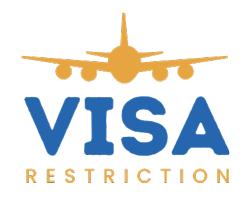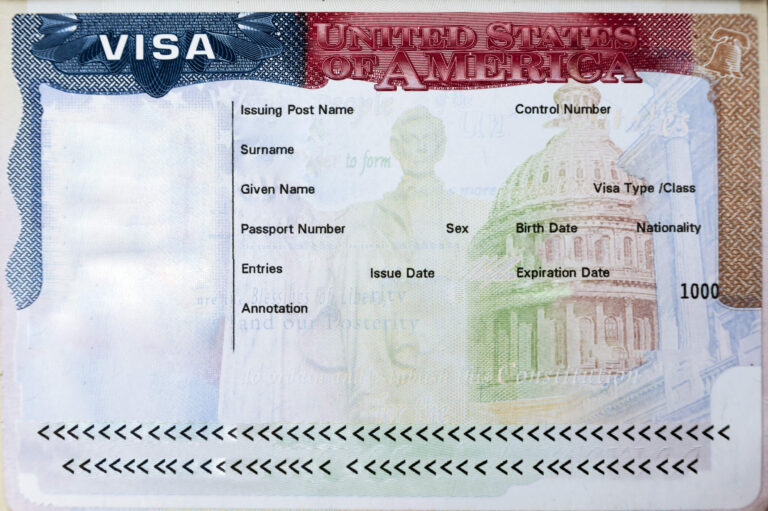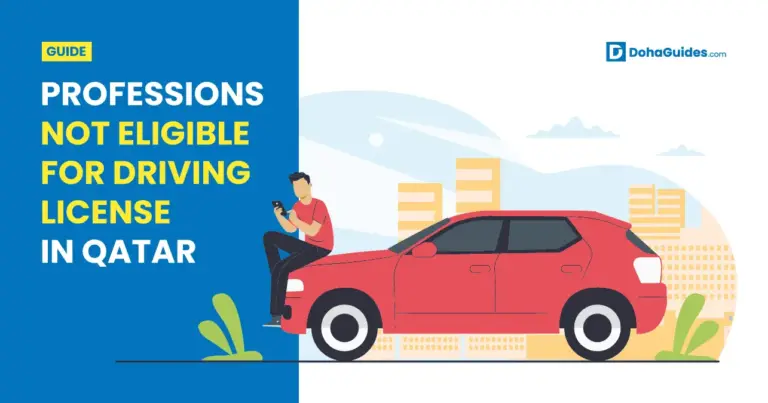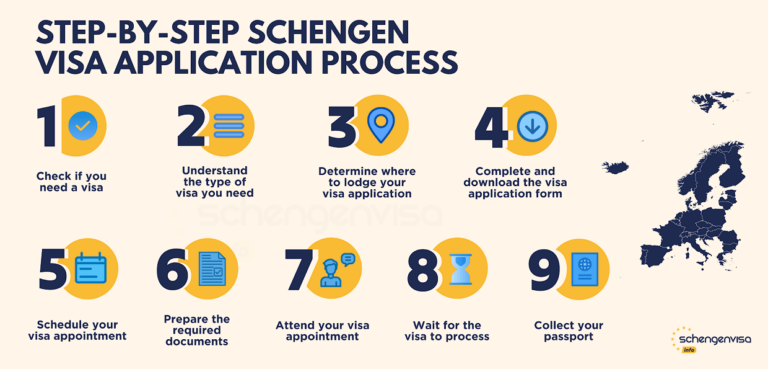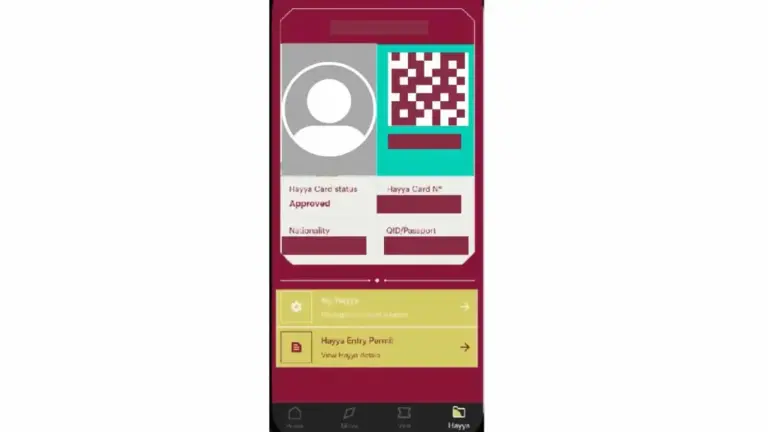Embark on Your Adventure: Indian Visa on Arrival Explained
Understanding Indian Visas
Before you plan your travel to India, it’s crucial to understand the different types of visas available and the eligibility requirements for each. This section will provide an overview of the primary visa categories and criteria for obtaining them.
Types of Indian Visas
India offers a variety of visas to cater to the diverse needs of travelers. Below is a list of the most common types of Indian visas:
- Tourist Visa: For individuals wishing to visit India for tourism, attending a friend’s wedding, or meeting friends. You can apply for an indian tourist visa if tourism is your primary purpose.
- Business Visa: Designed for those traveling for business purposes such as meetings, conferences, or trade. Find more details on the indian business visa.
- Medical Visa: Issued to patients seeking medical treatment in India. Read more about the indian medical visa.
- Conference Visa: For attending conferences or seminars in India. More information can be found on the indian conference visa.
- e-Visa: An electronic visa available for tourists, business travelers, and medical patients. This visa can be obtained online and is convenient for short visits. For more details, visit indian e-visa process.
- Entry Visa: This visa caters to individuals such as spouses of Indian nationals or foreigners of Indian origin. Refer to the indian entry visa for further details.
- Student Visa: For students enrolling in academic institutions in India. Learn more at indian visa for students.
- Employment Visa: Issued for those employed in India. Detailed steps can be found in the indian employment visa process.
| Visa Type | Purpose | Validity | Fee (₹) |
|---|---|---|---|
| Tourist Visa | Tourism, social visits | Up to 10 years | ₹2,000 |
| Business Visa | Business meetings, conferences | 1 year, multiple entries | ₹2,000 |
| Medical Visa | Medical treatment | Up to 1 year | ₹2,000 |
| Conference Visa | Attending conferences | Till the conference ends | ₹2,000 |
| e-Visa | Tourism, business, medical | Up to 60 days | ₹2,000 |
| Entry Visa | Spouse of Indian nationals, foreigners of Indian origin | Variable by purpose | ₹2,000+ |
| Student Visa | Education purpose | Course duration | ₹2,000 |
| Employment Visa | Employment in India | 1 year, extendable | ₹9,550 |
Eligibility for Indian Visas
The eligibility for obtaining an Indian visa depends on various factors such as your nationality, the purpose of your visit, and the type of visa you are applying for.
- Nationality: Nationals of most countries can apply for an indian visa on arrival, e-Visa, or a regular visa at an Indian diplomatic mission. Certain nationalities, however, may face restrictions (Wikipedia).
- Purpose of Visit: The purpose of your visit will determine the type of visa you should apply for. For example, if you plan to visit India for medical treatment, you would need a indian medical visa.
- Additional Criteria: Additional criteria such as financial stability, intent of return, and a clean criminal record may also be considered during the application process. Specific documents such as an invitation letter for business or conference visas or medical history for medical visas may be required. Check the indian visa documents checklist for more details.
For detailed guidance on the application process for each visa type, you can visit indian visa application process and apply for indian visa online.
Understanding the different types of Indian visas and their eligibility requirements will help you navigate the application process smoothly and ensure you have the correct documentation for your travel to India.
Visa-on-Arrival Information
Visa-on-Arrival is a convenient option for certain travelers looking to visit India. This section provides detailed information on the eligible nationalities and the validity and extensions for the visa-on-arrival.
Eligible Nationalities
As of now, the Visa-on-Arrival facility in India is available to nationals of Japan, South Korea, and the UAE. For UAE nationals, it is important to note that they must have previously obtained an e-Visa or a regular/paper visa for India. This policy ensures a smoother entry process for travelers from these countries Indian Visa Online.
| Nationality | Eligibility Requirement |
|---|---|
| Japan | Direct eligibility |
| South Korea | Direct eligibility |
| UAE | Must have previously obtained an e-Visa or regular/paper visa for India |
For other nationalities, an e-Visa application is necessary, and more information on this process can be found on our page explaining the Indian e-Visa process.
Validity and Extensions
The Visa-on-Arrival for eligible Japanese, South Korean, and UAE nationals is typically valid for entry and stay in India for up to 60 days. The Immigration officer may grant a double entry visa-on-arrival, allowing tourists to re-enter India within the visa’s validity period Indian Visa Online.
| Visa Type | Validity Period | Entry Allowances |
|---|---|---|
| Visa-on-Arrival | Up to 60 days | Double Entry |
Extensions for Visa-on-Arrival are generally not permitted. To stay longer than 60 days, travelers will need to apply for a different type of visa. Detailed information on other visa types such as Indian tourist visa or indian business visa can be found through the provided links.
For a comprehensive understanding of visa details, see our pages on Indian visa requirements and Indian visa validity period. If there are specific cases where more time is needed, consider looking into the Indian visa extension rules.
Visa-on-Arrival Process
If you are eligible for the Indian Visa on Arrival, it’s important to understand the specifics of the process. This section covers the designated airports where the Visa-on-Arrival is available and the fee structure involved.
Designated Airports
For nationals of Japan, South Korea, and the UAE, the Indian Visa-on-Arrival is available only at six designated international airports. This convenience allows for streamlined entry into India for those traveling by air.
| Designated Airports |
|---|
| Bangalore International Airport (BLR) |
| Chennai International Airport (MAA) |
| Delhi Indira Gandhi International Airport (DEL) |
| Hyderabad Rajiv Gandhi International Airport (HYD) |
| Kolkata Netaji Subhas Chandra Bose International Airport (CCU) |
| Mumbai Chhatrapati Shivaji Maharaj International Airport (BOM) |
These designated airports are strategically located in major cities across India, making them accessible for travelers. For further details on the Indian visa requirements at these airports, refer to our related content.
Fee Structure and Payment
The fee structure for the Indian Visa-on-Arrival is determined by the type of visa being issued. It’s important to know the costs involved and the methods of payment accepted.
Visa-on-Arrival Fee Structure
| Nationality | Visa Fee (INR) |
|---|---|
| Japan | 2,000 |
| South Korea | 2,000 |
| UAE | 2,000 |
The visa fee for nationals of Japan, South Korea, and UAE is uniformly set at INR 2,000. This fee must be paid in Indian Rupees, and payment can be made using credit cards, debit cards, or other electronic payment methods.
For detailed information on Indian visa fees and other visa-related costs, visit our in-depth guide. Additionally, ensure that you have the correct amount ready to avoid any delays at the designated airport. For any questions on fee-related inquiries or payment issues, consult the Indian visa helpline.
By understanding the designated airports and the fee structure, you can better prepare for your arrival in India. Ensure all your documents are in order and refer to our comprehensive guide on Indian visa documents checklist for a smooth entry process.
Online Visa Application
Applying for an Indian visa involves a comprehensive online process. This section will guide you through the necessary steps and required documents to ensure a smooth application experience.
Application Steps
To apply for an Indian visa online, follow these steps:
- Visit the Indian Visa Online Portal: Access the Indian Visa Online Portal.
- Fill Out the Application Form: Complete the online application form with accurate details. Ensure all fields are filled in as required.
- Print and Sign the Form: After submitting the form online, print the completed application and sign where indicated.
- Submit the Physical Copy with Supporting Documents: Take the printed application form along with required supporting documents and your passport to the nearest Indian Visa Application Center (IVAC) or the Indian Mission on your scheduled appointment date.
- Pay the Visa Fee: Pay the applicable visa fee during the document submission process.
- Collect Your Visa: Once processed, collect your passport with the visa from the center, Mission, or via post.
Required Documents
For a successful application, ensure you have the following documents:
| Document | Requirement |
|---|---|
| Completed Application Form | Printed, filled, and signed |
| Passport | Valid for at least six months from the date of arrival |
| Photos | Recent photos adhering to photo requirements |
| Flight Itinerary | Proof of booked travel itinerary |
| Accommodation Details | Proof of hotel bookings or host details |
| Visa Fee Payment Receipt | Proof of visa fee payment |
Additional documents may be required based on the type of visa you are applying for. For specific visa requirements, check the respective pages for Indian tourist visa, Indian business visa, Indian medical visa, and other types of visas (types of Indian visas).
For more detailed steps and information, you may also refer to our guide on how to apply for an Indian visa online as well as Indian visa application process. Be sure to review the Visa Enquiry Process to check your application status and ensure you have all the necessary Indian visa requirements before your trip.
Checking Visa Status
Once you have submitted your application for an Indian visa on arrival, it is important to stay informed about the status of your application. This section will guide you through the process of checking your visa status and provide information on additional resources that can be useful.
Visa Enquiry Process
To check the status of your Indian visa application, you can use the Visa Enquiry system:
- Visit the Visa Enquiry link.
- Enter your application ID.
- Follow the instructions to view your current visa status.
Make sure to keep your application ID handy, as it will be required to access your status. The website is compatible with various web browsers such as Mozilla Firefox, Google Chrome, and Internet Explorer (Windows). It also supports Android and IOS devices (Indianvisaonline.gov.in).
Additional Information Sources
For more detailed information and assistance regarding your visa application, consider these resources:
- Indian Visa Application Center (IVAC): If you applied through an IVAC, you can visit their website or contact them directly for updates on your application status.
- Relevant Indian Mission: You can check the official website of the relevant Indian Mission for comprehensive information on Indian visas. This can be especially useful if you have any specific questions or need further guidance (Indianvisaonline.gov.in).
- Email Notifications: If you applied for an e-Visa, you will receive email notifications about your application status, including whether your visa has been granted or rejected. This process can take 72 hours or more (Indianvisaonline.gov.in).
For more information on different types of visas, you can refer to our guides on types of Indian visas and details about the Indian tourist visa. If you have questions about the required documents, visit our Indian visa documents checklist for a comprehensive list.
Staying informed about your visa status helps ensure a smooth and hassle-free travel experience to India. Make sure to utilize these resources effectively to keep track of your application.
Travel Tips for India
Passport Validity Requirements
When planning your trip to India, it’s important to ensure your passport meets the necessary validity requirements. For tourists applying for an Indian visa on arrival, or any other type of Indian visa, the passport must be valid for at least six months from the date of arrival in India (Indian Visa Online). This is a crucial requirement to avoid any last-minute travel issues.
| Requirement | Details |
|---|---|
| Minimum Passport Validity | Must be valid for at least 6 months from the date of arrival in India |
| Blank Visa Pages | At least two blank pages required for stamping |
Make sure to check your passport well in advance of your travel date, and renew it if necessary. For more details on the types of visas available, you can visit our section on types of Indian visas.
Child Passport Considerations
Traveling with children involves additional considerations regarding passport validity and visa applications. If you are applying for an Indian visa for minors, ensure that your child’s passport is also valid for at least six months from the date of arrival in India (Indian Visa Online). This requirement helps prevent any complications during your travel.
Children’s passports often have shorter validity periods than those for adults, so it’s advisable to check the expiration date and renew the passport if necessary. Additionally, be sure to gather all required documents for the visa application, including a recent photograph that meets the Indian visa photo requirements.
| Requirement | Details |
|---|---|
| Minimum Passport Validity | Must be valid for at least 6 months from the date of arrival in India |
| Passport for Minors | Shorter validity; check expiration date and renew if needed |
| Required Documents | Recent photograph, valid passport, and visa application form |
Always double-check the latest requirements on the official visa website or through our Indian visa helpline for the most up-to-date information. This ensures a smooth and hassle-free experience when traveling to India with children.
